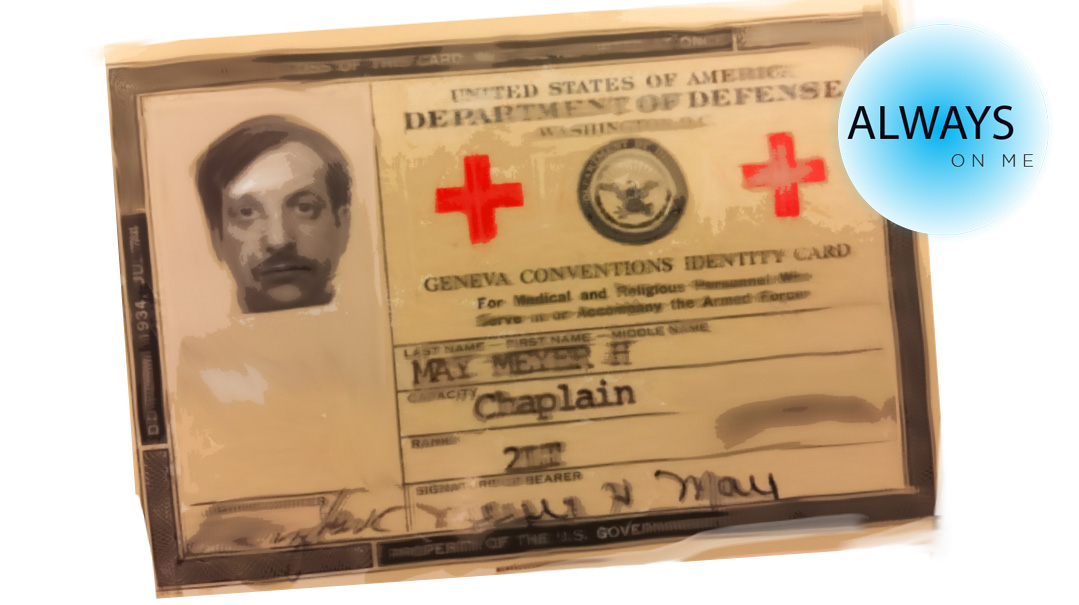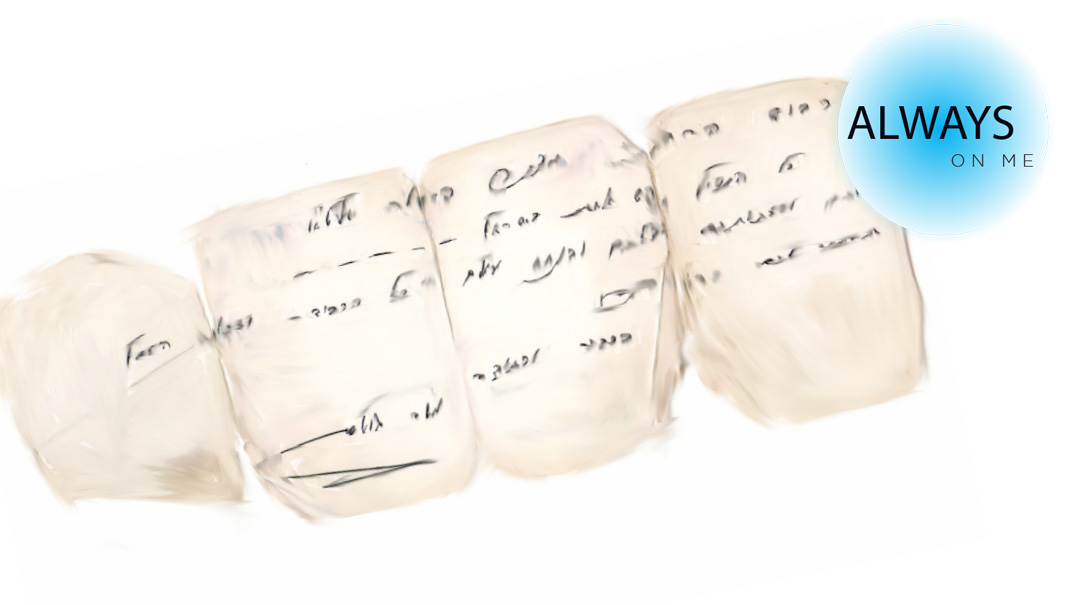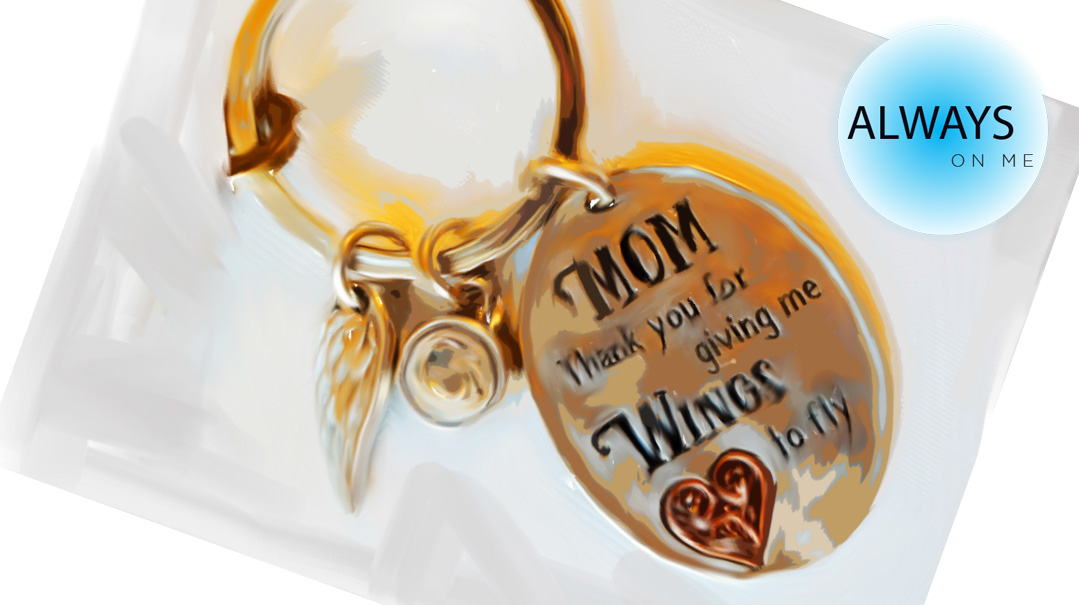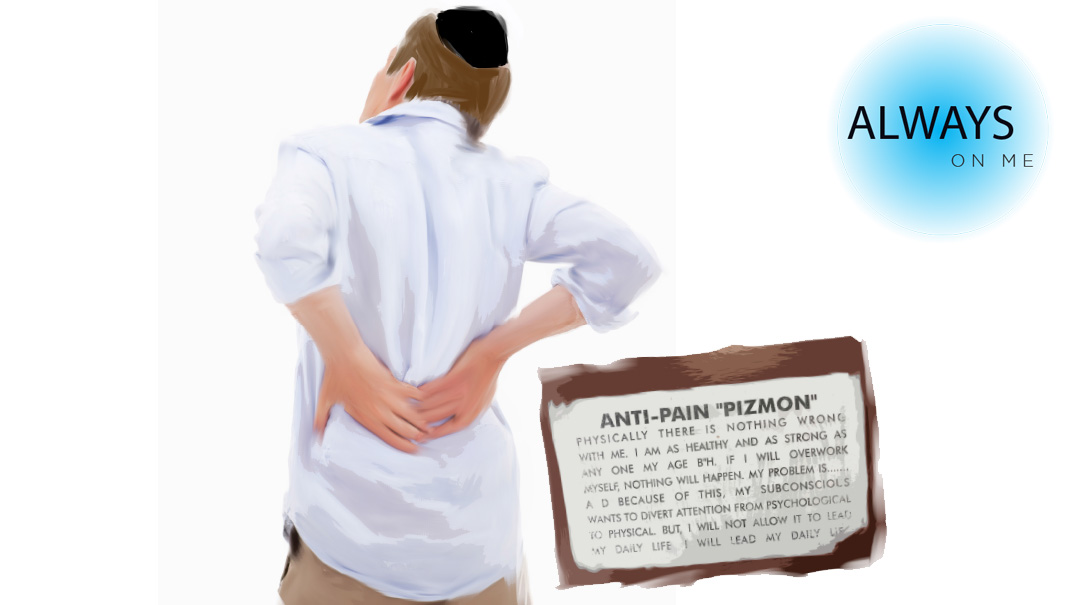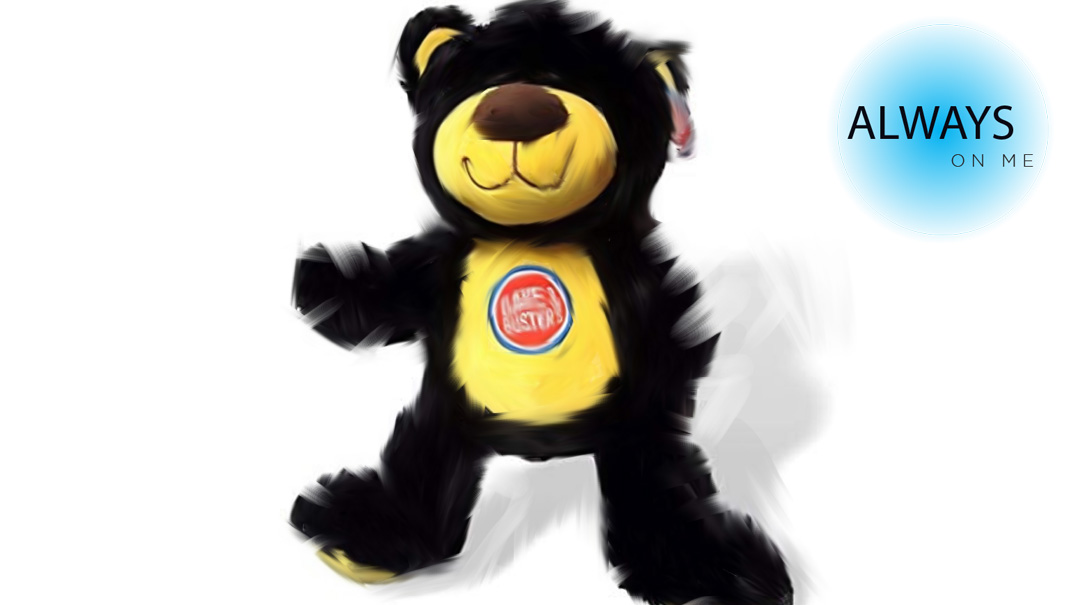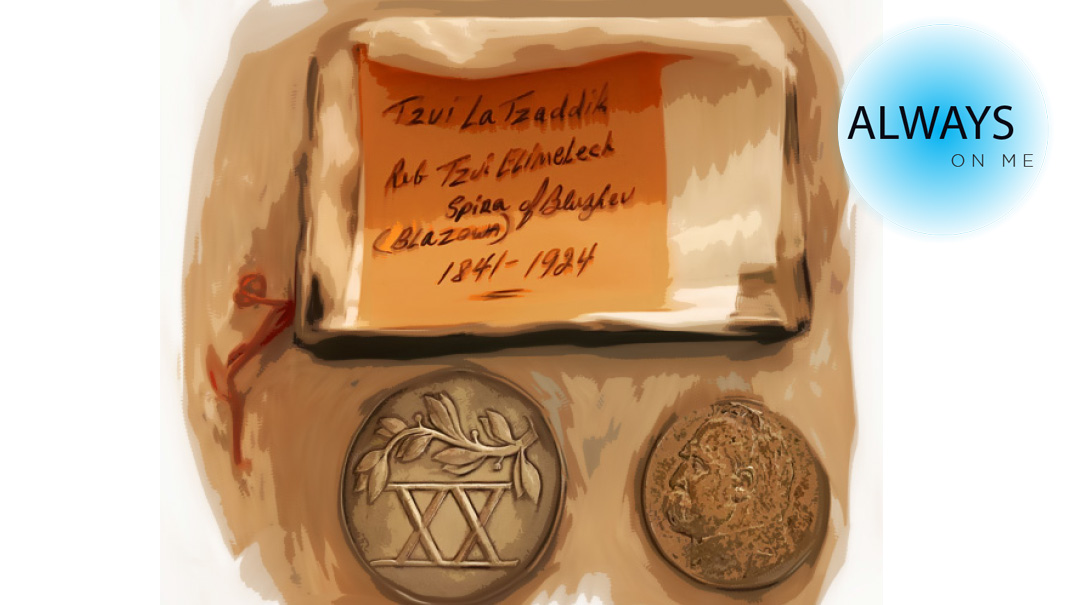The Rebbe’s Dollar
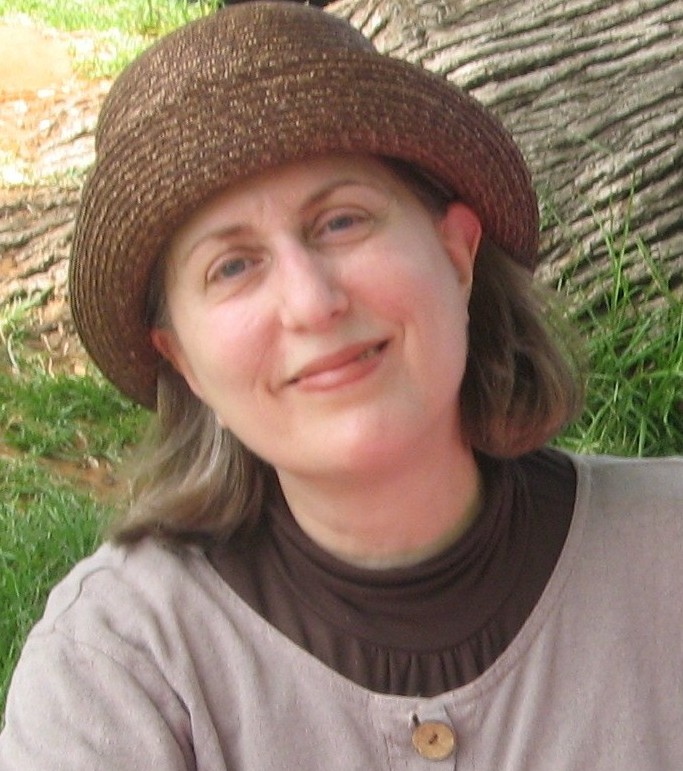
Is there something you always carry on you, even if it’s seen better days?
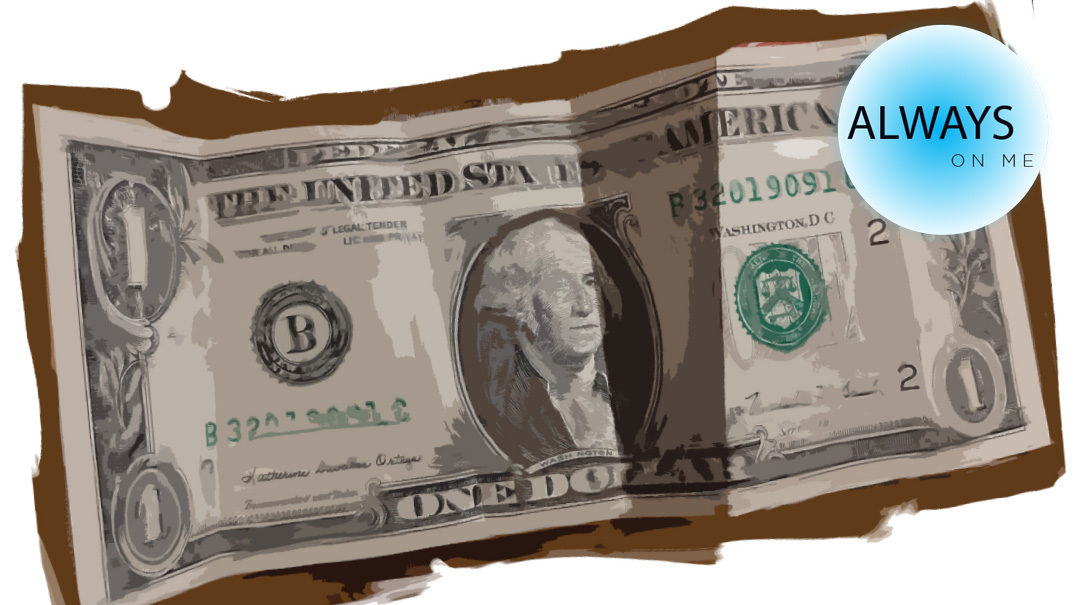
Project coordinator: Rachel Bachrach
Illustrations: Menachem Weinreb
"Brooklyn?”
I looked at my guest in surprise. It was a Sunday in the early 1990s.We were sitting in my apartment on Manhattan’s Upper East Side, planning what to do. Usually, when I hosted visitors to New York City, the Sunday itinerary meant brunch at a restaurant followed by a trip to a museum or a theatre matinee. It did not include excursions to “out-of-town.”
But this was no ordinary guest. She was my best friend from high school in Kansas. Since then, our paths had taken several twists and turns, but we had managed to stay in touch. I knew her path had led to Eretz Yisrael, where she had become chareidi — whatever that meant.
My own path had taken me to New York, where I worked in theatre. I had become increasingly disenchanted with the state of the arts and so I too was taking steps toward mitzvah observance. To date, those steps hadn’t taken me further than the East River. But I was determined to be a good hostess, so when my friend asked if I would go with her to Crown Heights to see the Lubavitcher Rebbe, I said, “Sure!”
We made it to Crown Heights without incident and joined the long line of people waiting to get their brachah and dollar from the Rebbe. I had heard of the Rebbe, of course. Or, rather, I had seen his picture on the Chabad posters plastered on nearly every subway car. But I can’t say I was particularly excited to be there. And the meeting with the Rebbe happened so quickly that I have no idea what he said. All I remember is that after I was motioned away by one of the gabbaim, I had a dollar bill in my hand.
“What do I do with it?” I asked my friend.
“You’re supposed to give it to charity.”
I didn’t. For some reason, I put the dollar into my wallet and gave a different dollar bill to one of the many petitioners waiting outside.
A few years later, I was living in Jerusalem, a Torah-observant Jew. My first job, a part-time one, was teaching English to Bezeq’s telephone employees. But on this day in February 1996 no one was interested in learning English. Everyone was still in shock from what had happened that morning: A terrorist had blown up a Number 18 bus traveling in downtown Jerusalem, killing 26 people. A few years later, during the Second Intifada, bus bombings would become all too common. But in 1996, this horror was still new. And because there weren’t cell phones and WhatsApp groups or social media, people expressed their shock and grief to each other, face to face.
So my students and I talked and cried. When the class was over, I met another English teacher at the bus stop. After a few moments, she said, “Let’s take a taxi.” I glanced at her pale face and knew we were thinking the same thing: Probably the terror was over, at least for that day. But why take a chance?
At the end of the ride, I reached into my purse to pay for my share of the fare. My wallet wasn’t there. I looked again. I dumped everything out of my purse. The wallet was definitely missing.
“Don’t worry. I’ll pay,” said the other teacher.
“I’ll pay you back,” I replied. “But can you also lend me money for a bus fare? I have to go back to the school.”
“Are you crazy?”
“Maybe.”
It was too hard to explain. It wasn’t about the wallet being stolen or thrown out by mistake and losing some money or having to replace some credit cards. It was that the Rebbe’s dollar was in that wallet. The Rebbe had passed away. That dollar couldn’t be replaced. And I couldn’t explain even to myself why that mattered so much.
But I went back. The wallet was sitting on the floor, near my desk, with all its contents untouched. I thrust it into my purse and took two grimly silent buses home.
Twenty-five years later, the Rebbe’s dollar is still sitting in my wallet. Why? It’s not just a memento from my brief encounter with the Rebbe. It’s not even a segulah to protect me from danger (I carry a sefer Raziel for that). Instead, I keep it because of something I later learned about the Rebbe’s custom of handing out a dollar, which was based on a saying of his father-in-law, the previous Lubavitcher Rebbe:
When two people come together, they should bring blessing to a third.
They shouldn’t be a suicide bomber and blow people up. They shouldn’t use the encounter to insult others or harm them in any way. When two people meet, they should bring blessing to the world.
That is a reminder I want to always carry with me. Along with the Rebbe’s dollar.
Libi Astaire is the author of the Jewish Regency Mystery Series.
(Originally featured in Mishpacha, Issue 860)
Oops! We could not locate your form.

